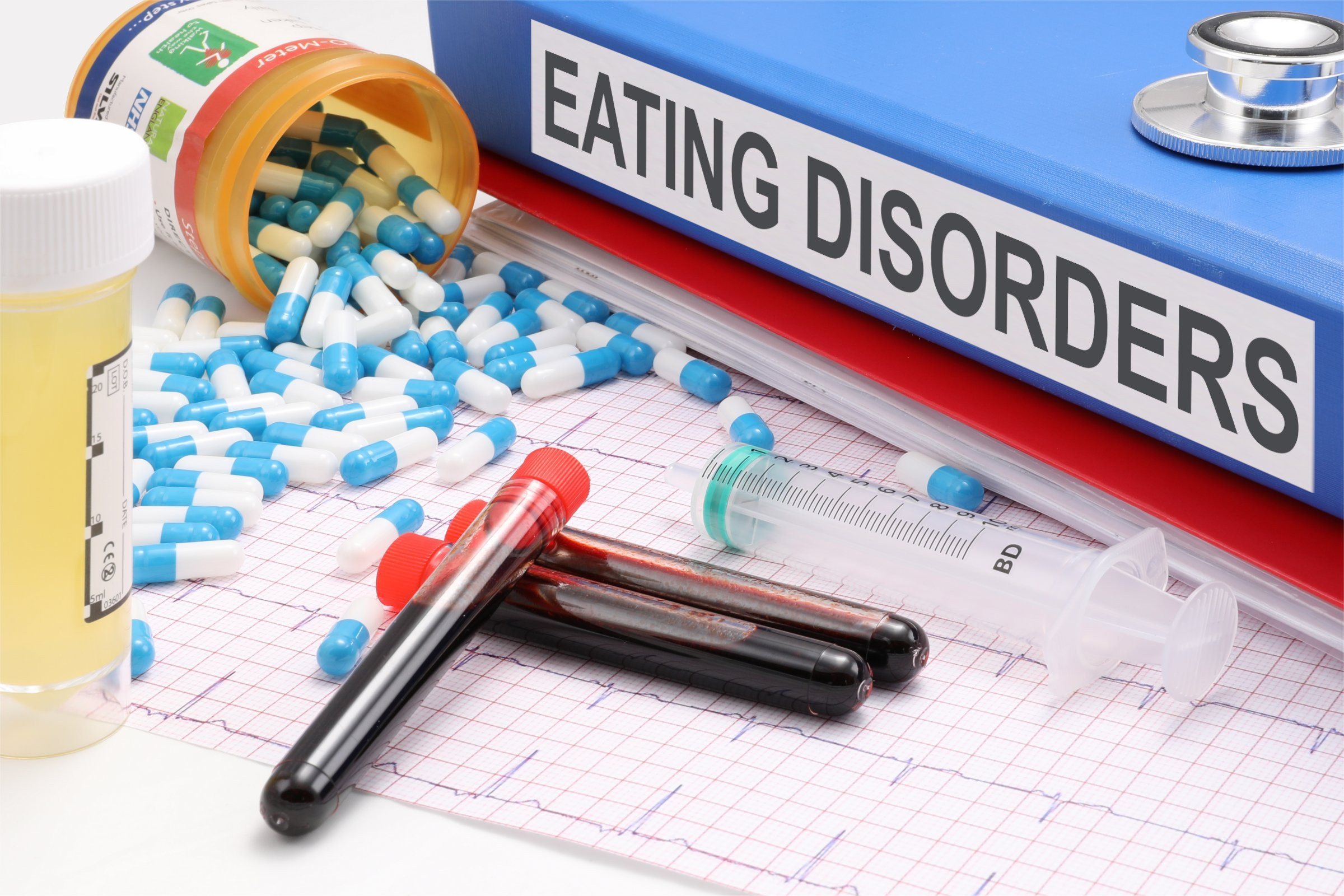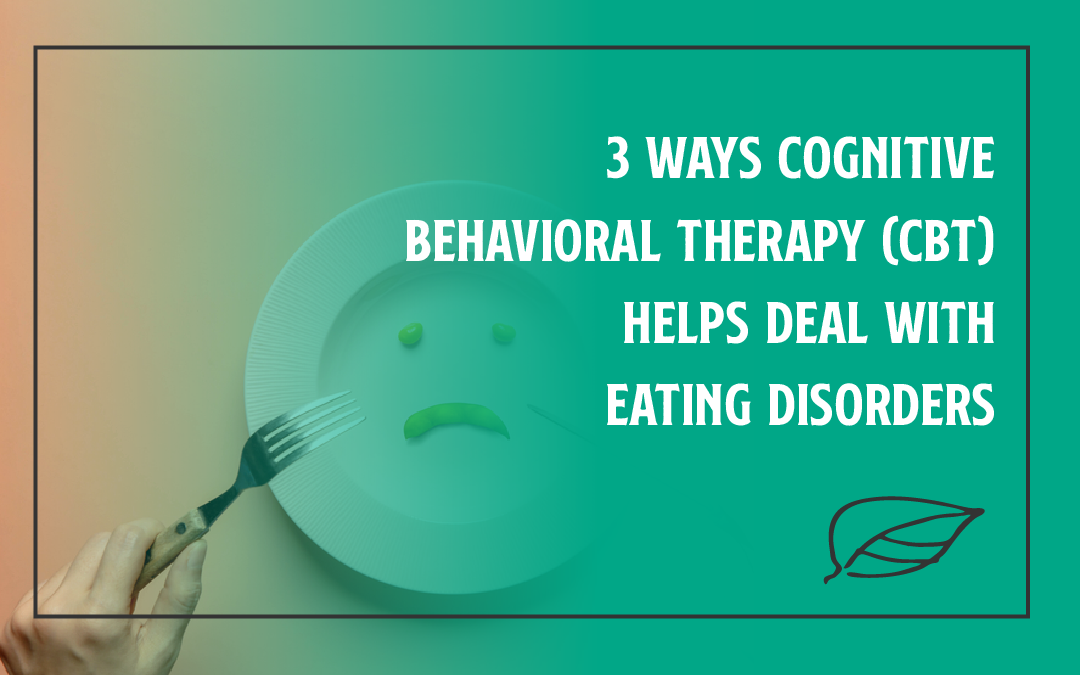Millions worldwide battle the harsh effects of anorexia and bulimia. Eating disorders? This is truly devastating; the impact is catastrophic. They wreck lives. According to the National Eating Disorders Association (NEDA), in the United States alone, approximately 30 million people suffer from an eating disorder, with anorexia being the deadliest mental health disorder, claiming the lives of 1 in 5 individuals.
The harsh truth about eating disorders is a dark one
Serious physical and emotional problems can happen because of eating disorders.
- Damaged organs stop working properly.
- Bone density decreases in osteoporosis; this results in fragile bones prone to breaking.
- Troublesome hair and skin problems can be a real drag.
- Your heart’s rhythm and function depend on a delicate balance of electrolytes. When this balance is off, you can experience heart problems ranging from palpitations to more serious conditions.
- Feeling down, worried, or having thoughts of suicide.
Eating disorders? You can overcome those with CBT.
Eating disorders? CBT can help. This treatment? Prepare for a massive shift. This alters everything. Seriously. Addressing the root causes—thoughts, feelings, and behaviors—CBT helps people build a better relationship with food and their bodies.
1. Challenging Negative Thought Patterns
CBT helps individuals identify and challenge distorted and unhelpful thinking patterns, known as cognitive distortions, which often accompany eating disorders. For example, a person with anorexia may believe they are not thin enough, while a person with bulimia may think they are a failure for not being able to control their eating. Negative self-talk? Turn it around. See yourself as you truly are—flaws and all—and you’ll feel a lot better about who you are.
2. Developing Coping Skills and Strategies
CBT teaches individuals effective coping skills and strategies to manage emotions, such as anxiety, anger, and sadness, which often trigger disordered eating behaviors. Facing difficult situations? Try mindfulness and relaxation. Problem-solving and resilience? These tools give you both. Facing problems? You’ll react in a way that’s much more positive and helpful.
3. Enhancing Self-Esteem and Body Image
CBT helps individuals develop a more positive body image and self-esteem by promoting self-acceptance, self-compassion, and self-worth. Your accomplishments and personal values are far more important than your physical appearance. A healthier outlook and a boost in self-confidence? That’s what focusing on these will do for you.
CBT works—here’s why.
Eating disorders respond well to CBT; many studies support this. Help is important; this is for you if you need it. A 2019 meta-analysis published in the Journal of Clinical Psychology found that CBT was significantly more effective than other treatments in reducing symptoms of anorexia and bulimia.
Thoughts, feelings, and behaviors: CBT’s success lies in recognizing how these three things constantly affect each other. A lasting recovery comes from addressing the issues at the heart of the problem; that’s what CBT offers.

Conclusion
Recovery from an eating disorder is possible. Facing life’s hurdles? CBT helps you not just get by, but truly flourish. Want to beat an eating disorder? CBT can help. We’ll tackle those negative thoughts directly, build your coping skills, and boost your self-image and body confidence. If you or someone you know is struggling with an eating disorder, seek help from a mental health professional today.

